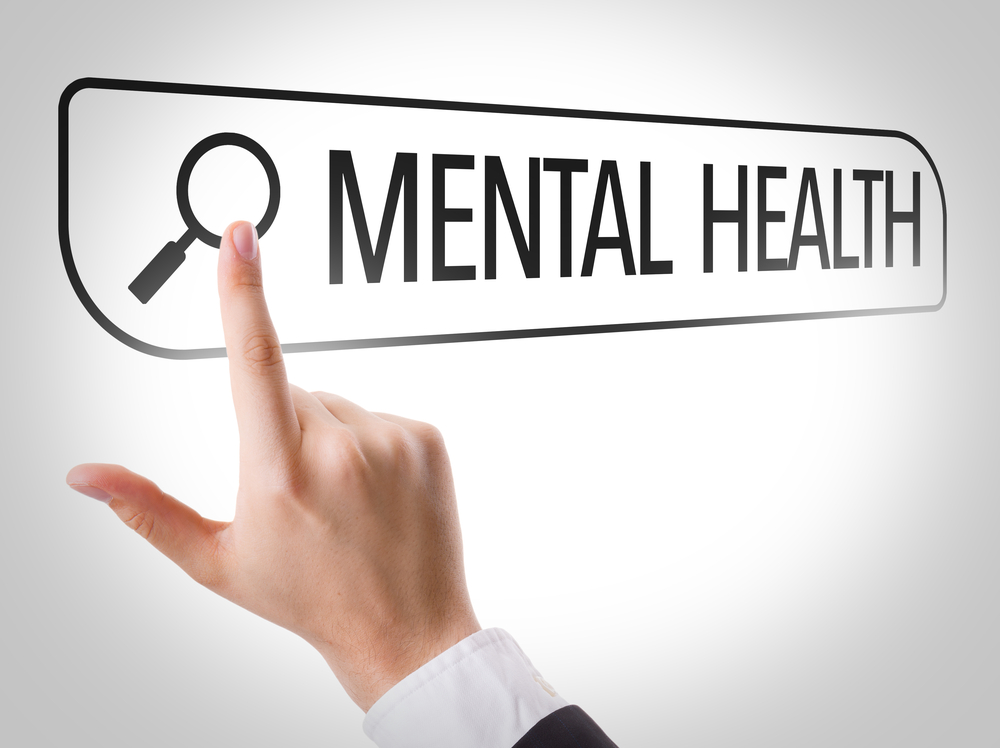 Written by Mark San Juan
Written by Mark San Juan
When a cyclist is targeted in a road rage incident, the damage usually runs deeper than cuts and bruises. Beneath the surface injuries, there’s often a quieter, more enduring crisis—one shaped by fear, constant vigilance, and emotional upheaval. These moments don’t just break bones; they fracture a person’s sense of safety and control in the world.
Road rage bicycle accidents have become an unsettlingly common headline, especially in dense urban environments where drivers and cyclists vie for space. But while news stories often focus on the legal consequences or traffic violations, far less attention is given to what happens after the sirens fade and the cyclist is discharged. For many victims, the trauma doesn’t end with physical recovery. In fact, it may just be beginning.
That’s where mental health professionals come in—not simply to offer comfort, but to provide structured, trauma-informed care that speaks to the full scope of harm caused by these violent encounters.
The Overlooked Psychological Impact of Road Rage Bicycle Accidents
When someone experiences a road rage incident while cycling, the emotional damage often lingers well beyond the moment of impact. Unlike accidents caused by distraction or misjudgment, these encounters are fueled by hostility, leaving the victim not only injured but also violated. That sense of targeted aggression can take a deep psychological toll, especially when the victim had no way to prevent or defuse the situation.
Common responses include anxiety, recurring nightmares, difficulty sleeping, and panic attacks near traffic. Some cyclists develop symptoms consistent with post-traumatic stress disorder, reliving the event in flashbacks or feeling a constant need to scan for danger. Many begin to avoid biking altogether, cutting off a key part of their daily lives and identity.
And then there’s the isolation. Friends or family members might understand broken ribs or stitches, but emotional aftershocks are harder to describe—and even harder to validate. When victims feel dismissed or told to “move on,” it compounds their distress. Without the right support, what began as a violent encounter on the road can evolve into months or even years of internal suffering.
Mental health professionals, particularly those trained in trauma and crisis recovery, are essential here. They help translate invisible wounds into language and action, giving victims not just empathy but tools to move forward.
Why Mental Health Counseling Is Critical
Emotional trauma from road rage bicycle accidents rarely resolves on its own. Left unaddressed, the psychological effects can deepen, showing up as intrusive thoughts, persistent tension, or sudden mood shifts. Some individuals begin to avoid riding altogether. Others struggle with a lingering sense of vulnerability, even in familiar surroundings.
Mental health counseling provides a structured and compassionate response to this kind of trauma. Unlike informal support systems, clinical therapy offers targeted strategies to help victims process their experiences, regulate their responses, and reestablish trust in their surroundings. It also creates space for emotional validation, acknowledging that the incident was not just dangerous, but also profoundly destabilizing.
Counselors often employ techniques such as cognitive behavioral therapy (CBT), exposure therapy, or somatic processing to help clients move through fear and regain autonomy. Early engagement is especially effective. According to the American Psychological Association, evidence-based treatment significantly improves outcomes for individuals recovering from trauma, especially when initiated promptly.
For a cyclist recovering from a violent confrontation, the counseling room becomes a crucial site of repair. It’s where emotional wounds are named, understood, and addressed with professionalism and care, often long before the broader world acknowledges their existence.
How Grief and Crisis Counselors Can Help
Grief and crisis counselors bring a specialized lens to trauma that extends beyond symptom relief. They understand that road rage bicycle accidents can produce more than fear—they often generate loss. For some, it’s the loss of physical confidence or independence. For others, it’s a disruption of daily life, identity, or purpose. These forms of loss don’t always receive public acknowledgment, but they’re deeply felt by those who experience them.
Grief counseling creates room to explore that emotional landscape. It recognizes the layered experience of having something taken, whether that’s a sense of safety, control, or self-worth. Through structured dialogue and client-led reflection, counselors help individuals work through these feelings without rushing them toward resolution. They serve not as fixers, but as steady companions through a complicated recovery.
Crisis intervention, on the other hand, focuses on immediate stabilization. After a traumatic event like a violent road encounter, a person might be in emotional freefall. Crisis-trained professionals know how to respond calmly, assess risk, and restore a baseline of emotional safety. They offer concrete tools—grounding techniques, safety planning, and short-term coping strategies—that help clients navigate the early days when everything feels uncertain.
Both grief and crisis specialists play distinct but complementary roles. Together, they ensure that the emotional needs of someone recovering from a road rage incident are neither minimized nor overlooked. Their work reminds us that healing isn’t limited to regaining physical strength—it includes reclaiming a sense of wholeness.
The Role of Health Care Education and Certification
Professionals who work in trauma recovery—whether in counseling, nursing, or crisis response—benefit from specialized training. The emotional complexity of road rage bicycle accidents demands more than general empathy; it calls for clinical insight, ethical clarity, and a toolbox of therapeutic techniques that can be tailored to the individual.
That’s where advanced education and certification make a difference. Programs that focus on grief counseling or crisis intervention prepare practitioners to work confidently with trauma survivors. They cover best practices for emotional triage, narrative reconstruction, and long-term recovery—all essential components of post-incident care.
Incorporating this kind of training doesn’t just enhance a professional’s skill set; it deepens their ability to connect, respond, and support. It also builds credibility within multidisciplinary teams, especially when working alongside legal or medical personnel.
For professionals supporting trauma recovery, it’s just as important to recognize how emotional volatility contributes to violent encounters in the first place. Integrating education around coping mechanisms for high-stress driving situations can strengthen therapeutic outcomes and broaden the scope of care, especially when working with individuals who have experienced or even witnessed road rage on the streets they travel every day.
Conclusion
Recovery from road rage bicycle accidents doesn’t end when the physical injuries heal. For many victims, the emotional aftermath is more disorienting than the crash itself. Hypervigilance, grief, and persistent fear can interfere with routines, relationships, and confidence.
Health care professionals trained in trauma response, grief counseling, and crisis intervention are essential to this process. They offer more than sympathy; they bring structure, clinical knowledge, and a steady presence to help victims process what happened and rebuild emotional stability. With the right support, healing becomes more than just possible—it becomes tangible and attainable.
By recognizing the full scope of harm caused by road rage incidents and by responding with skill and empathy, practitioners help their clients move forward, not by erasing the past, but by making peace with it.
Author’s Bio
Mr. Mark San Juan is an accomplished writer, storyteller, and creative thinker whose passion for the written word has captivated readers worldwide. With a keen eye for detail and a gift for weaving compelling narratives, Mark explores themes of resilience, transformation, and the human experience.
Please also review AIHCP’s Grief Counseling Certification programs and see if it meets your academic and professional goals. These programs are online and independent study and open to qualified professionals seeking a four year certification






 Written by Halley Jones,
Written by Halley Jones,